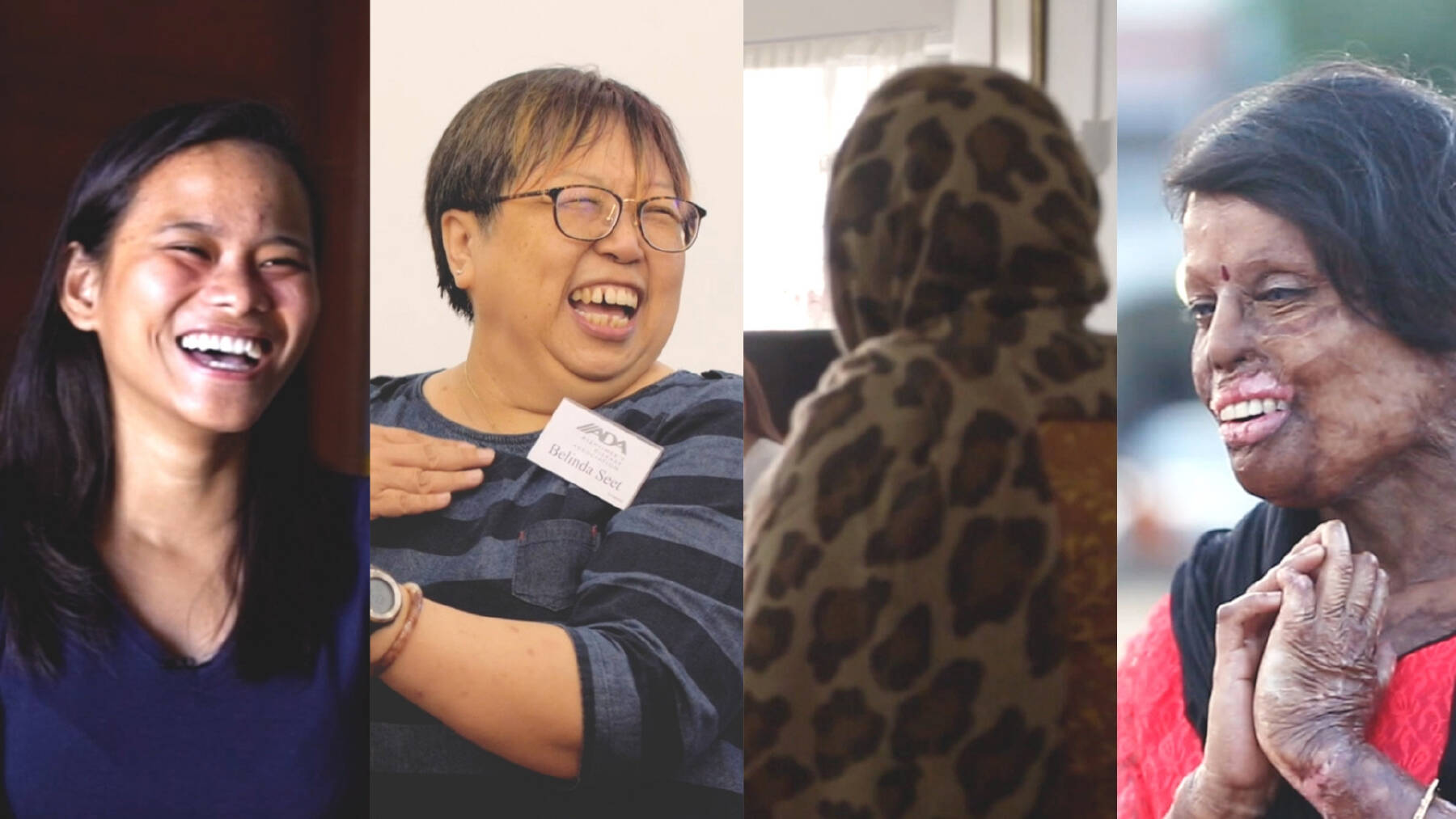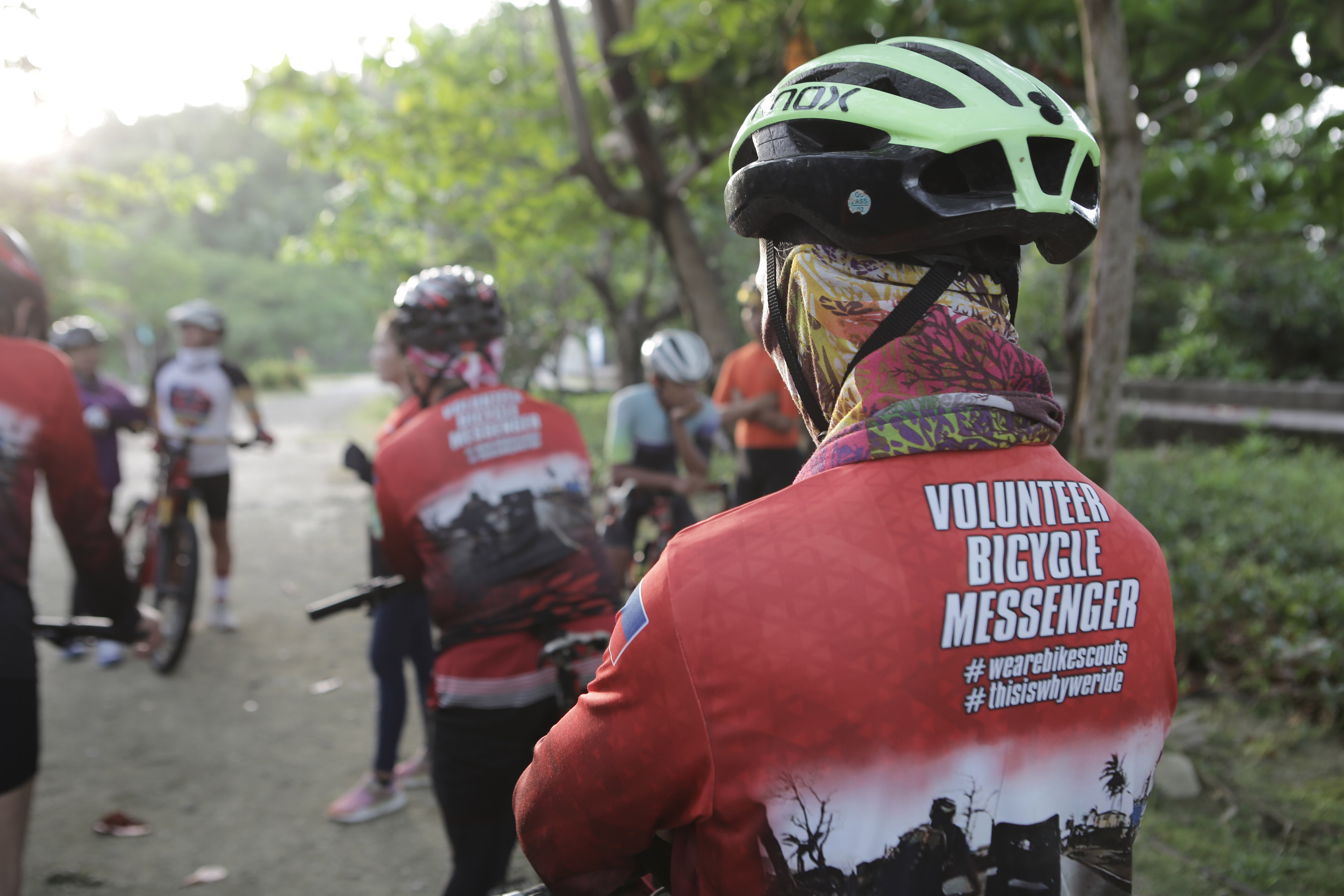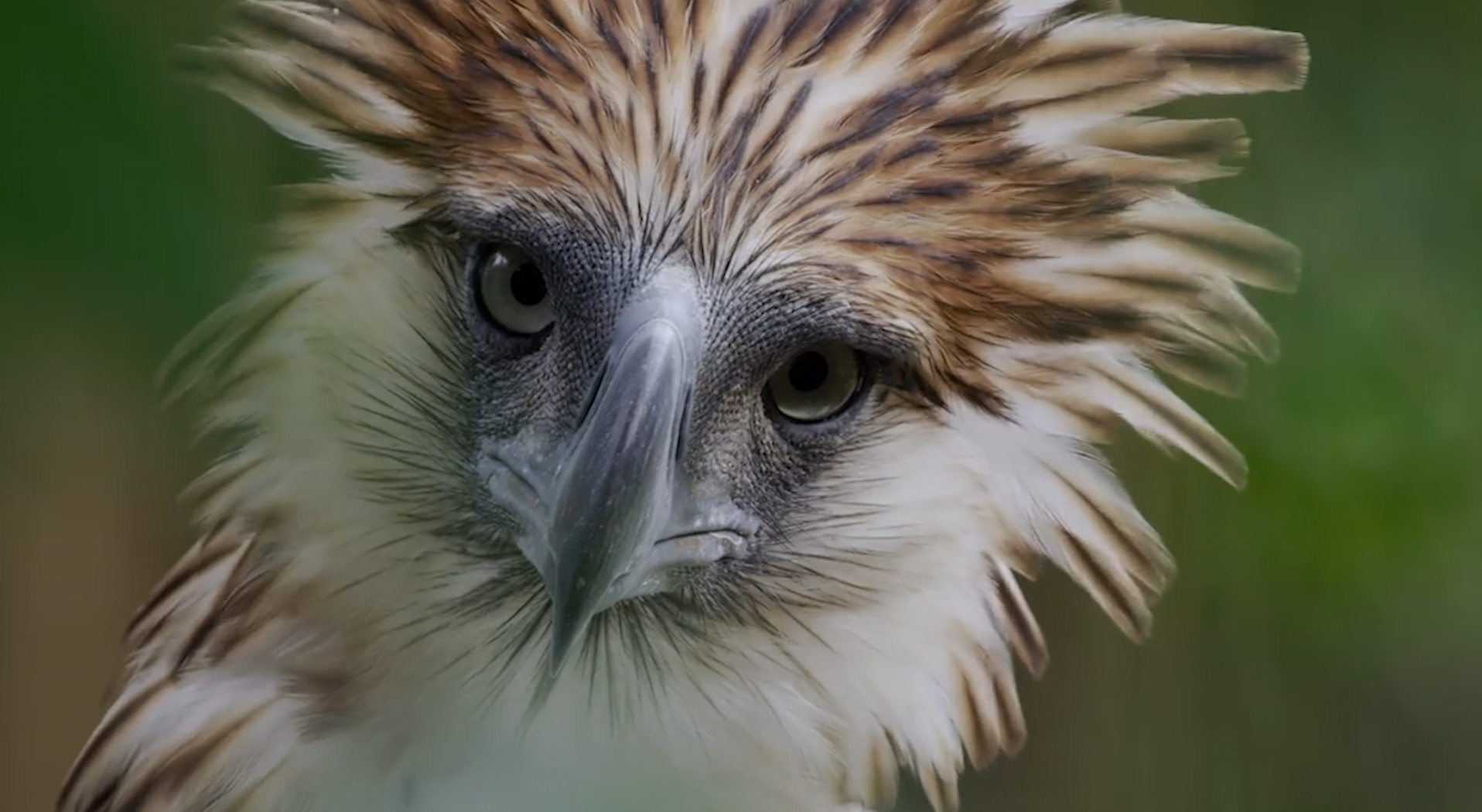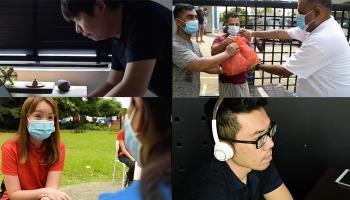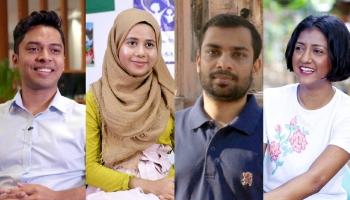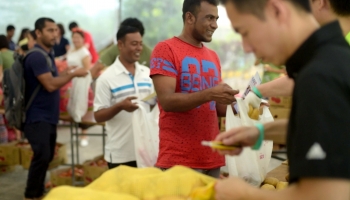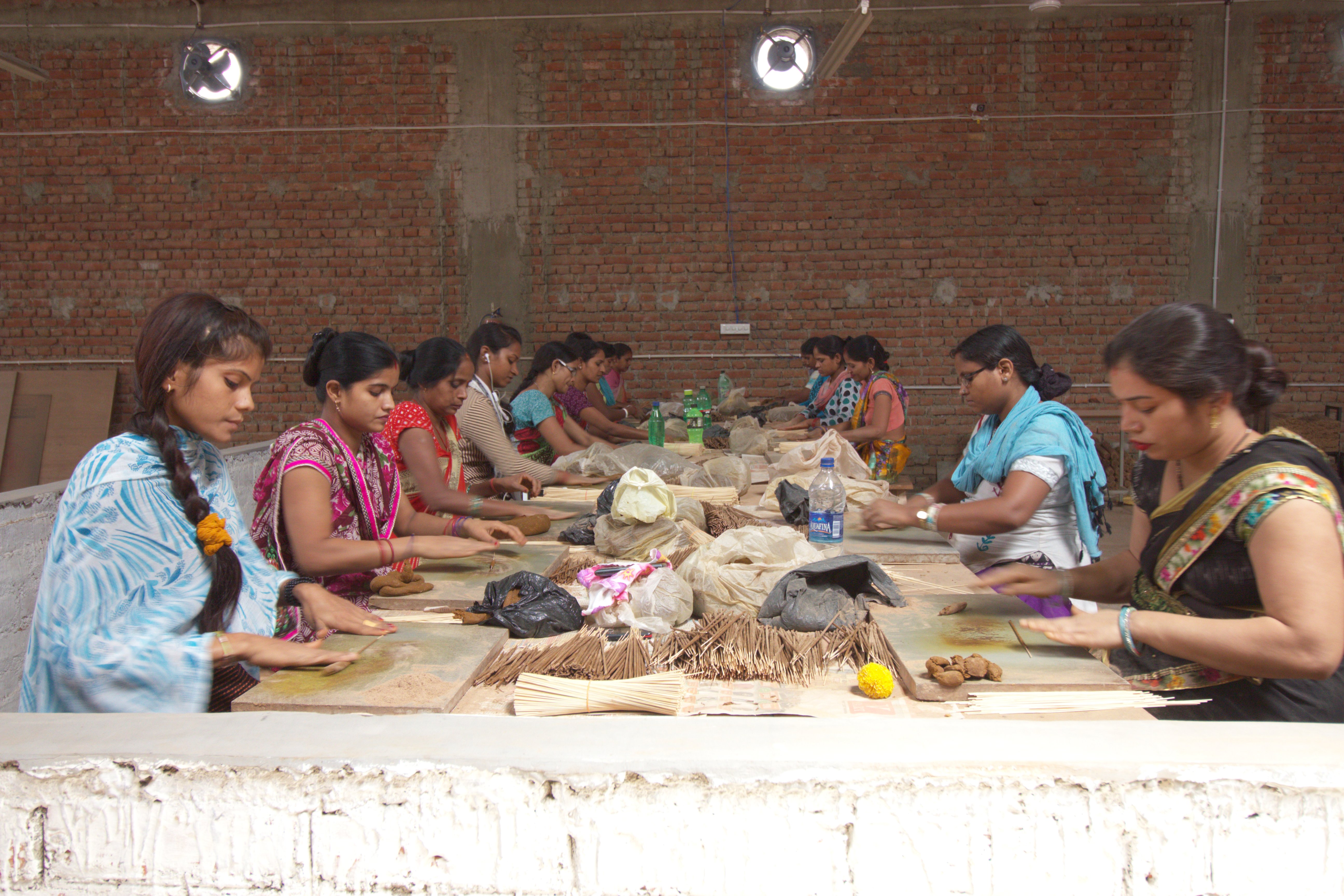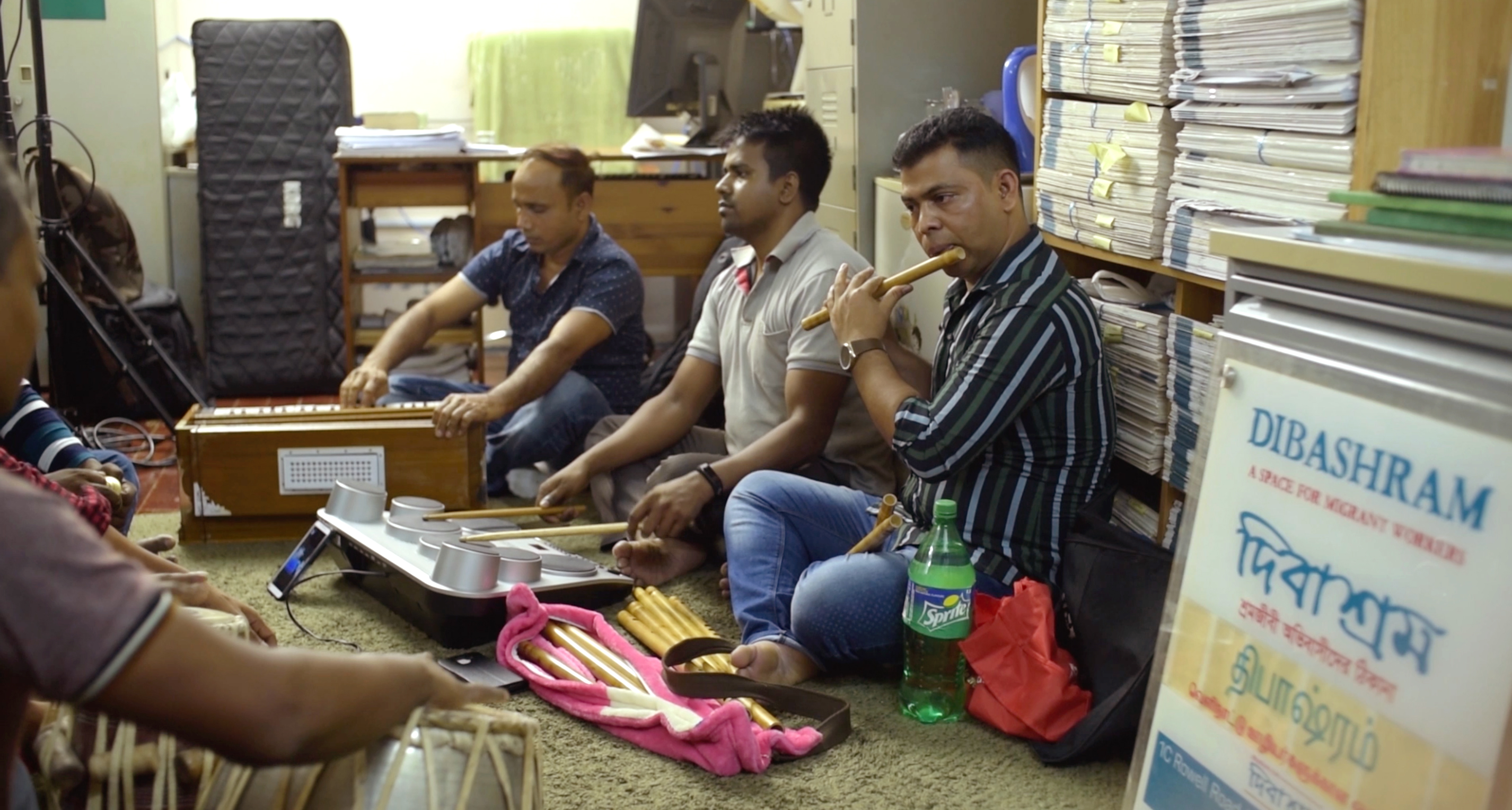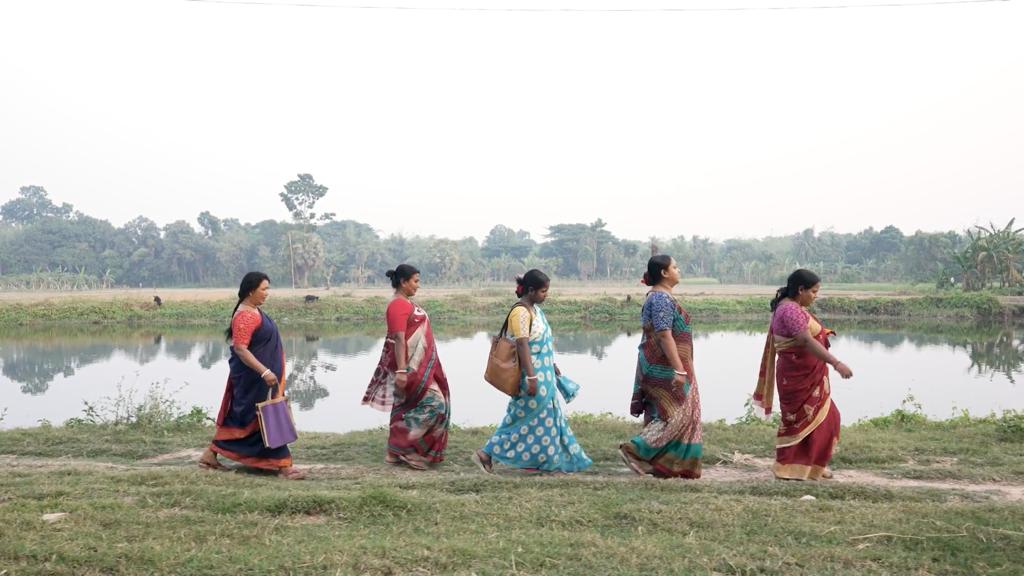Cartwheel Foundation: Education for Philippines’ Sea Gypsies
Suraya Saikulah is painfully familiar with the negative stereotypes associated with her tribe, the Sama-Bajau. "We are described as violent. It’s said that we throw food at people who won't give us money. That we are dangerous and inflict harm on others,” she says.
Such perceptions may be attributed to the prevalence of her indigenous counterparts begging on public transport in the Philippines. But this wasn’t always the case. From as far back as Suraya can recall, this was not their way of life.
“The Sama-Bajau are hardworking by nature. Even if fishing is risky, they will do it every day. But now, that’s not enough," shares Suraya.
For generations, the sea-dwelling Sama-Bajau relied on their maritime hunting skills and customs to sustain themselves. Then in 2013, armed conflict forced them out of their coastal settlements to seek shelter in evacuation centres in Zamboanga, a densely populated city in Mindanao. Here, disconnected from their culture and traditional livelihood of fishing, they are blighted by a raft of challenges — including discrimination and a lack of access to education, healthcare and employment opportunities.
It’s a complex problem that local non-profit organisation Cartwheel Foundation works to unpick, in uplifting the community. Besides helping them to obtain official documents such as birth certificates, which are necessary for accessing basic services, they also provide children with free early childhood education designed to be culturally relevant.
“Instead of being ashamed of their Bajau identity, we hope that they can see it as a source of strength,” explains Rainey Sarmiento-Dolatre, Director of Programmes and Partnerships at Cartwheel Foundation. The organisation also trains individuals from the Sama-Bajau tribe as teachers.
Inside a wooden floating school, these teachers deliver lessons that incorporate words in Tausug — their indigenous dialect — as well as Tagalog and English, to young children. One such mentor is Suraya, who overcame the odds and now wants to advance her community through education.
“Even if we are limited because of our ethnicity, people can see me as a Sama-Bajau who refused to stay at the bottom,” she asserts.
And you’re never too old to learn, according to Cartwheel Foundation, which also educates adults and older youths in family health and nutrition, as well as life skills. Already, the initiative has borne fruit.
“Education can have a ripple effect. We’ve seen members of the greater community acquire basic literacy and numeracy skills and find a more relevant livelihood,” shares Rainey. “This allows them to educate one another — mothers can share their knowledge with their children and vice-versa,” she adds.
Since being established in 1999, Cartwheel Foundation has supported some 1,200 preschool graduates, and impacted around 12,000 indigenous individuals.
In the same vein of amplifying positive change, Cartwheel Foundation moulds community leaders among promising high school graduates with indigenous roots, by providing support for culturally-relevant tertiary education and holistic skills. Such initiatives require funding to sustain, so that members of the Sama-Bajau can continue to progress beyond their circumstances.
For Suraya, this is reflected in their newfound ability to communicate with society at large. “Speaking in multiple languages enables them to speak their mind, voicing what they want and do not want other people to do to them,” she says, adding that she hopes this can bridge a more “amicable relationship” between her community and other Filipinos.
“I hope they will respect our culture and traditions. It’s okay if they cannot give us material things, we just need their respect.”
About Cartwheel Foundation
Contributors
Director
Producer & Writer
Camera & Editor
Billy Joel Bautista
Sound
Mark Kriselmo Lumbre
Executive Producer



